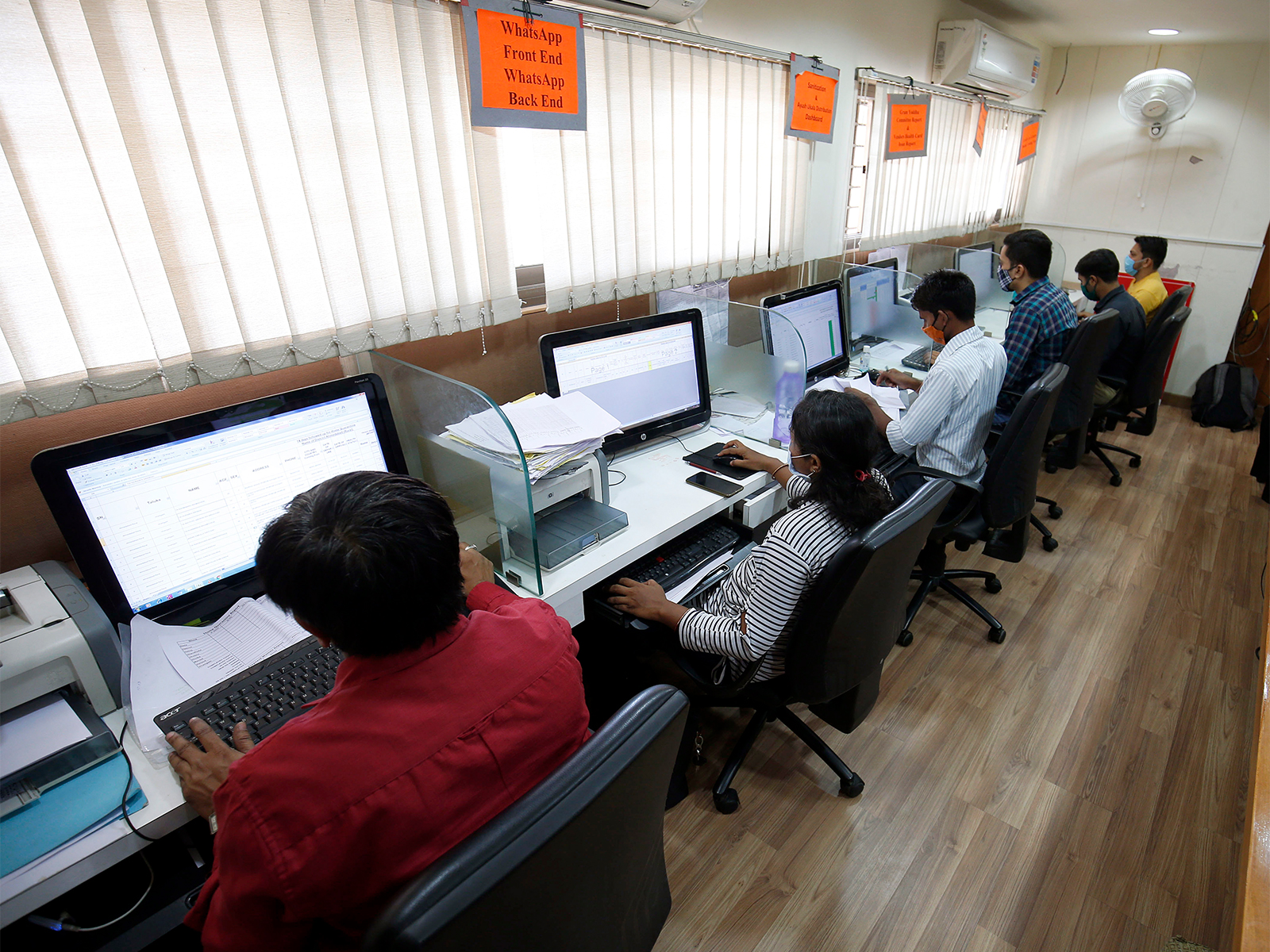Biden signs semiconductors bill aimed at competing against China
Aug 09, 2022

Washington [US], August 9 : US President Joe Biden on Tuesday signed a semiconductors investment bill in a bid to boost the competitiveness of the country's industry against China.
Biden has termed the CHIPs and Science Act as a "once in a generation investment in America itself," and said the bill will create good jobs, employ workers and help grow the US economy.
"Today, I sign into law the CHIPS and Science Act. It's a once-in-a-generation law that invests in America by supercharging our efforts to make semiconductors here at home. Today represents a more secure economy, jobs, and a stronger future for our nation. America is delivering," Biden tweeted.
The US Senate last month passed a USD 280 billion Industrial Policy bill to counter China and bolster American competitive edge and national security.
In an earlier statement, Biden said Americans are worried about the state of the economy and the CHIPS bill is one answer.
He said this bill will accelerate the manufacturing of semiconductors in America, lowering prices on everything from cars to dishwashers.
The legislation reflected a remarkable and rare consensus in an otherwise polarized Congress in favour of forging a long-term strategy to address the nation's intensifying geopolitical rivalry with Beijing.
It promises to create jobs and result in more resilient American supply chains. The bill is expected to pave the way for the construction of factories across the country and, along with that, an estimated tens of thousands of jobs.
The bill, a convergence of economic and national security policy, would provide USD 52 billion in subsidies and additional tax credits to companies that manufacture chips in the United States.
It also would add USD 200 billion in scientific research, especially in artificial intelligence, robotics, quantum computing and a range of other technologies, The New York Times reported.
Many senators, including Republicans, saw the legislation as a critical step to strengthen America's semiconductor manufacturing abilities at a time when the nation has become perilously reliant on foreign countries -- especially an increasingly vulnerable Taiwan -- for advanced chips.
Enactment of the legislation is considered a critical step to strengthening America's semiconductor abilities at a time when the share of modern manufacturing capacity in the United States has plummeted and left the nation increasingly reliant on foreign countries.



















